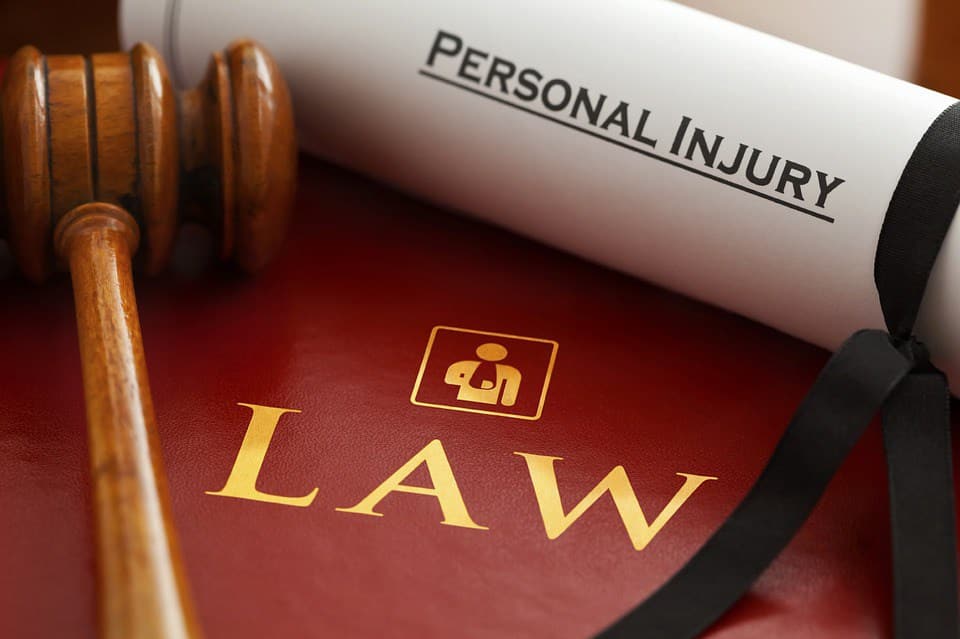
Dealing With a Personal Injury
Dealing with the aftermath of a personal injury can be an immensely daunting and overwhelming experience, one that often encompasses not only physical pain but also emotional distress and financial burdens. The journey of navigating a personal injury case requires careful consideration, strategic planning, and a solid understanding of the legal landscape. Regardless of whether you’ve been injured in a car accident, a slip and fall incident, a workplace mishap, or any other unfortunate event, comprehending and applying the essential steps to successfully navigate a personal injury case can be the key to ensuring your rights are protected and increasing your likelihood of securing a favorable outcome.
Understanding the Basics of Personal Injury Cases
Before we delve into the intricacies of the pro tips, it’s imperative to establish a solid understanding of the fundamental aspects that underpin different kinds of personal injury cases. At their core, these cases revolve around the legal concept of negligence, wherein one party’s failure to exercise reasonable care results in another individual’s injury or harm. The injured party, referred to as the plaintiff, seeks redress and compensation from the responsible party, known as the defendant, for the damages they’ve incurred due to the incident. These damages encompass a broad spectrum, ranging from immediate medical expenses and lost wages to long-term repercussions such as pain, suffering, and diminished quality of life. It’s crucial to note that personal injury cases can often find resolution through a variety of means, including negotiation, mediation, or, if necessary, litigation within a court of law.
Seek Immediate Medical Attention
In the aftermath of experiencing a personal injury, it’s paramount to prioritize your physical and emotional well-being. Seeking immediate medical attention not only ensures that your injuries receive prompt and appropriate care but also establishes a critical link between the injuries you sustained and the incident itself. This link can play a pivotal role in establishing the strength of your case by directly correlating your injuries to the circumstances that caused them.
Consult a Personal Injury Attorney
Amid the labyrinthine complexities of the legal system, enlisting the expertise of an experienced personal injury attorney can wield a profound impact on the trajectory of your case. A seasoned attorney can serve as your beacon of legal guidance, evaluating the merits of your case, charting the best course of action, negotiating assertively with insurance companies, and, when necessary, representing your interests within a court of law. You need to find someone in your area because you’ll need to see these people a few times before your case is closed. So, if you’re located in Australia, for example, finding reputable Australian superannuation & insurance lawyers might be just the way to go since their intimate familiarity with the legal landscape ensures that your rights remain safeguarded and that your pursuit of fair compensation remains unwavering.
Be Cautious with Insurance Companies

An insurance agreement is being settled between two sides
Navigating the terrain of insurance companies necessitates a keen sense of caution. Although insurance companies ostensibly exist to provide coverage and support, it’s essential to recognize that they often operate with profit considerations in mind. When interacting with insurance adjusters, exercising prudence is crucial. Providing recorded statements without the guidance of your attorney could inadvertently undermine your case. It’s advisable to let your attorney manage all communication with insurance entities to ensure that your rights and interests are effectively advocated for.
Preserve Evidence of Liability
One of the cornerstones of establishing the defendant’s negligence lies in the preservation of evidence that supports your claims. Swift and methodical action to gather and safeguard this evidence can significantly bolster the strength of your case. This evidence could encompass a spectrum of elements, ranging from crucial surveillance footage and eyewitness testimonies to expert opinions and meticulously crafted accident reconstruction reports. Each piece of evidence contributes to constructing a compelling narrative that substantiates your claims of negligence on the part of the defendant.
Consider the Long-Term Impact
As you embark on the journey of quantifying your damages, it’s imperative to adopt a holistic perspective that encompasses the long-term impact of your injuries. Beyond immediate medical treatments and current expenses, the full spectrum of potential future consequences must be thoughtfully considered. The guidance of an experienced personal injury attorney proves invaluable in accurately assessing the long-term financial and emotional toll that your injuries might exact. By accounting for these long-term implications, your pursuit of compensation becomes comprehensive and all-encompassing.
Traversing the intricate landscape of a personal injury case is a multifaceted endeavor that amalgamates diligence, legal acumen, and strategic foresight. As you embark on this journey, armed with the ideas outlined in this comprehensive guide, you’ll find yourself better equipped to navigate the complexities of the legal process. By amalgamating these tips with steadfast determination, you’re poised to confront the challenges of your personal injury case with resilience and increase your prospects of attaining the rightful compensation you deserve.







